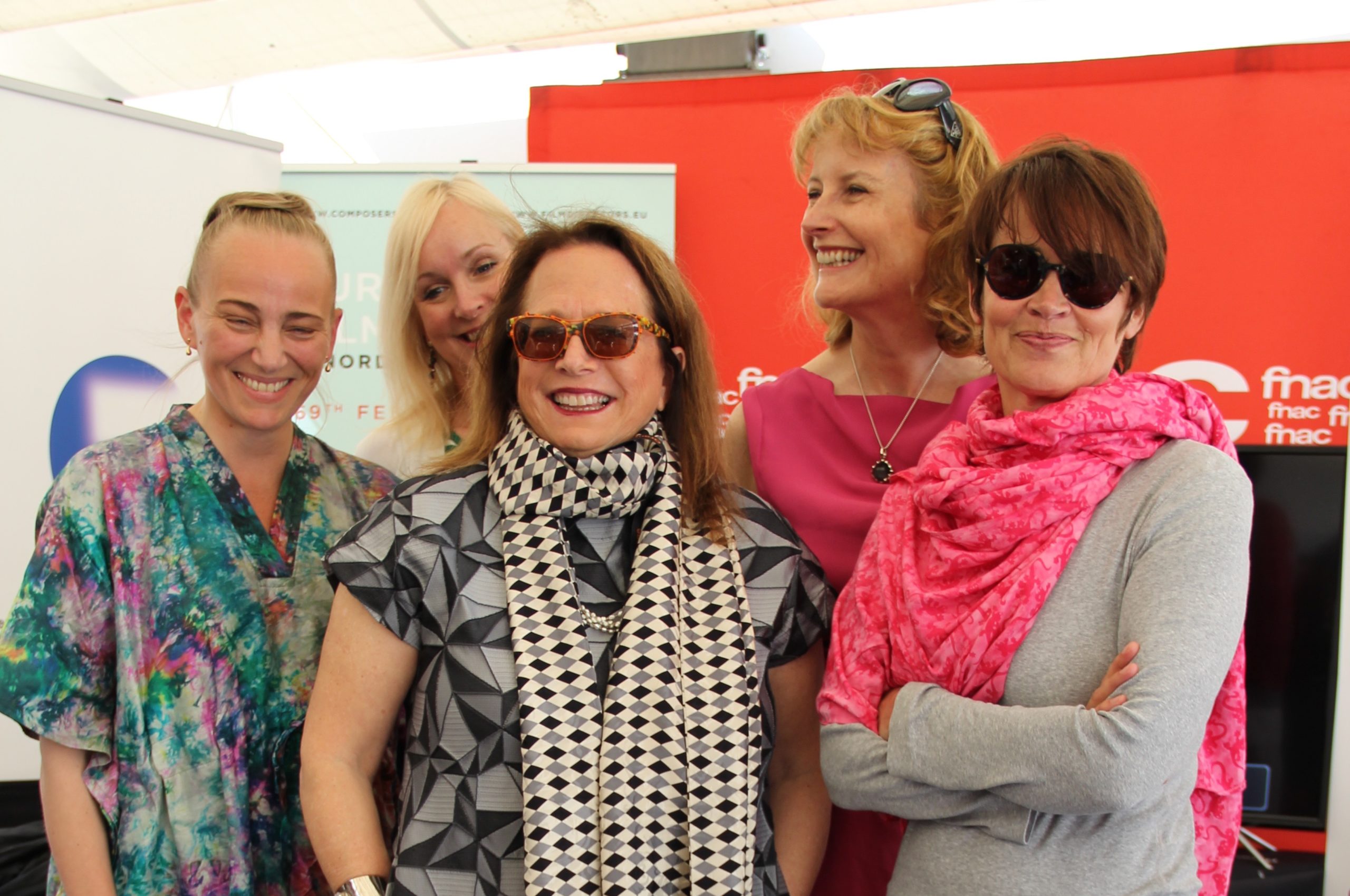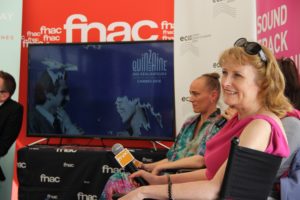
European Film Music Day 2016 Report

European Film Music Day 2016
The panel on gender equality in the audio-visual sector included director Beryl Richards, Chair of Directors UK, Francine Raveney from EWA (European Women’s Audiovisual Network), Emmy Award Winning composer Laura Karpman, and film composers Lisa Holmqvist and Ulrike Haage.
The discussion pointed out that all the different initiatives coming from different organizations to raise awareness of gender inequality in the AV sector throughout the EU contribute to shed light and credibility on the issue. Francine Raveney explained that if funding EWA’s research was a difficult task, now the actual data collection make a real awareness of the issue with undeniable facts. For instance, between 2006 and 2013, women represented 44% of film graduates, however the percentage of female directors working in the industry did not exceed 24% during that period.
Speakers stated the need to collect these type of figures in the music industry, as the first step towards reaching a gender balance is to bring accurate numbers to the table.
The panellists discussed the steps to take once figures are collected. Francine Raveney mentioned the importance to involve more women in panels, and Composer Ulrike Haage pointed out that women in the audio-visual industry have a responsibility to showcase their work, like their male colleagues, to build their careers and increase the visibility of women in the industry.
The panel on remuneration in the audiovisual sector focused on the structure of authors’ remuneration and the modernisation of the EU copyright rules, featuring composer Jasmin Reuter, ECSA Secretary General Patrick Ager, and FERA CEO Pauline Durand-Vialle.
The discussion pointed out the difference in the income structure of film and TV music composers, screenwriters and directors, underlined the importance of securing stronger bargaining power for all audiovisual authors, and considered the dangerous effects on the industry of weakening the territorial nature of copyright in the EU in the European Commission’s Digital Single Market proposals.
The importance of a holistic approach of authors’ remuneration in the context of the EU copyright reform was stressed : enhancing authors’ contractual protection and introducing an unwaivable right to remuneration for the online use of audiovisual works being two complementary proposals that must go together to result in an actual improvement of the situation of European directors and screenwriters.
Photo Credits: ECSA


